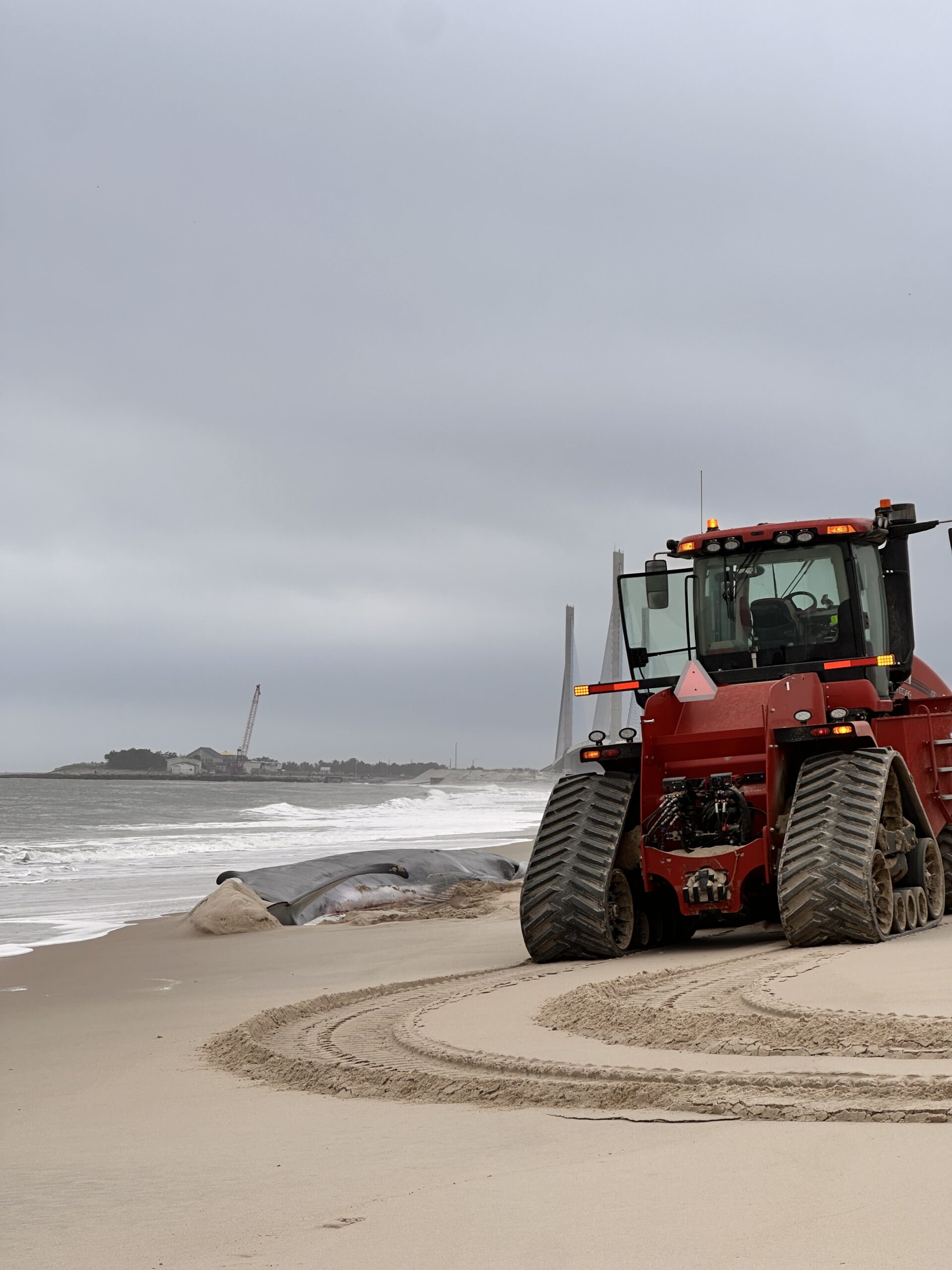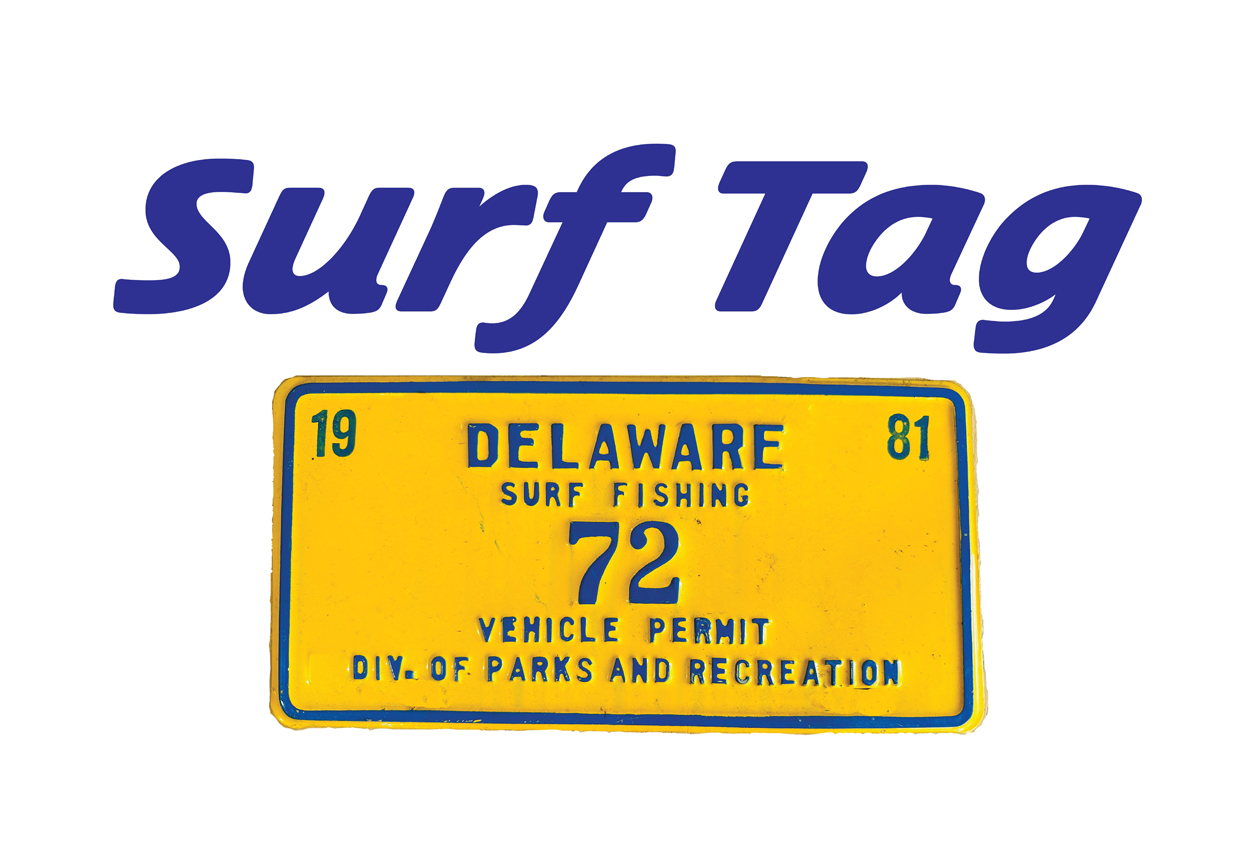A fin whale that stranded itself at Delaware Seashore State Park on Sunday morning is likely in its final moments.
Around 2 p.m. Sunday, approximately 30 onlookers gathered behind caution tape set up by the nonprofit Marine Education, Research and Rehabilitation Institute to observe the whale. It occasionally flicked its tail while the crowd watched in somber silence, though it failed to move significantly.
The whale is a juvenile fin whale, MERR Director Suzanne Thurman informed the onlookers. It is severely underweight and has been ill for a considerable period, according to Thurman. She noted that the exact reason for its beaching remains unknown until a necropsy is conducted.
On May 7th, Chris from Delaware Beaches Online ventured out to document the situation of the stranded whale but was requested to depart the scene.
His approach was from a drive-on beach area which conflicted with the official guidelines that instructed visitors to park at the inlet and walk up to a designated fenced area for spectators. This area was specifically set up to ensure public safety and proper handling of the situation, as the authorities were in the process of moving the whale.
Also, dead whales are surprisingly dangerous (exploding whale videos below the Instagram post – warning, graphic!)
Warning – Graphic Content Below!
Dead whales can pose significant hazards, surprisingly. As they decompose, gases such as methane build up inside the carcass, potentially causing it to explode if not managed properly. This can be dangerous to both people and the surrounding environment. Additionally, decomposing whale bodies attract predators and scavengers, which can alter local ecosystems and increase the risk of disease transmission. Proper management and removal of whale carcasses are crucial to prevent these risks and ensure public safety.
Yes, Whales can explode on their own!
Not to be confused with the time a whale was blown up with Dynamite… Yes… that happened…
Again – graphic content below, but if you must watch, here’s the video:
In conclusion, the unfortunate event of a whale stranding itself on the shores of Delaware Seashore State Park serves as a poignant reminder of the fragile interconnections between human activities and marine life. While the cause of the stranding remains unclear until further investigation, the community’s response highlights the crucial role of preparedness and respect for wildlife protocols. It also underscores the importance of managing such situations carefully to prevent potential hazards from decomposing marine mammals. As we continue to explore the impacts of our actions on the natural world, events like these urge us to reflect on our environmental responsibilities and the ways we can contribute to the conservation of our planet’s diverse ecosystems.
























